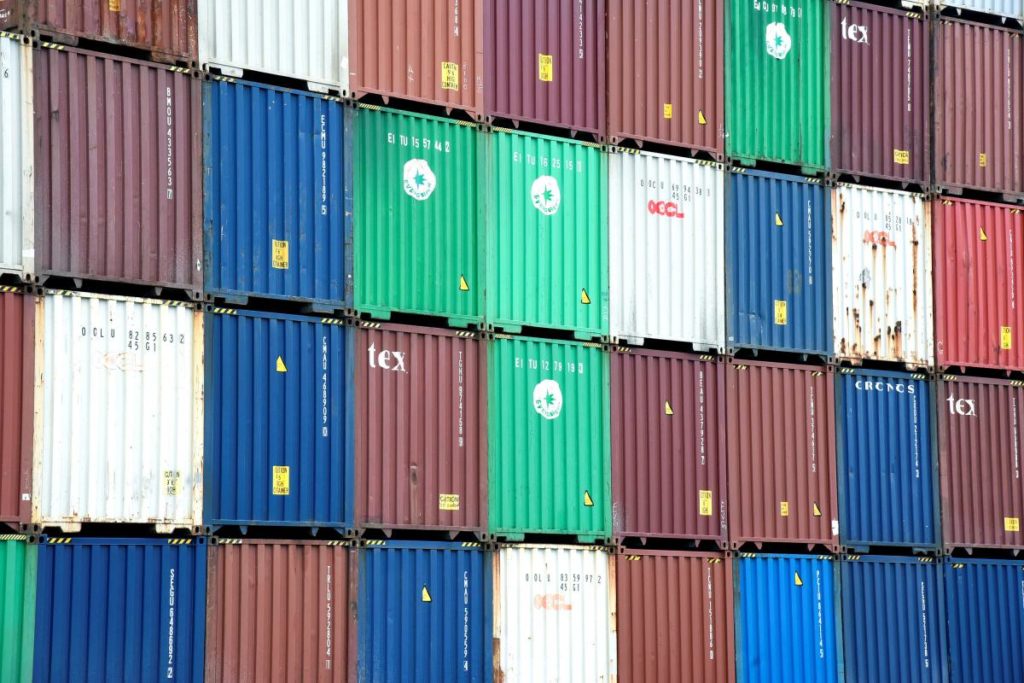Published in The Daily Star on May 29, 2018

Complexities in obtaining credit report on foreign buyers and suppliers are causing huge losses for local businesses, a recent survey found.
A central database containing credit information of foreign firms can minimise trade risks and prevent the misuse of foreign currency, said the survey conducted by the Bangladesh Institute of Bank Management.
A supplier’s or buyer’s credit report provides insights into its existence, business operations, company structure, experiences, financial status and payment performance and so on to indicate whether the business apparently is in good shape or not. The survey titled “Practices of Obtaining Credit Report of Foreign Counterparts in Trade Services- Is It Working?” found several cases of how local businesses became victims of fraud thanks to disregarding the foreign firms’ credit reports.
The report found that two local garment buying houses had placed export orders with 26 garment factories with a special requirement from their British buyer that raw materials from selected suppliers in China are used. Subsequently, the garment factories approached different local banks to open back-to-back letters of credit for importing the raw materials.
The banks looked for the British buyer’s credit report but could not locate most of them. The ones they managed to locate showed the buyer to be high risk ones, which prompted the banks to refuse to open the back-to-back LCs. The factories turned to other banks and in the end did manage to convince a few to open the LCs.
But once the shipments were made to the UK, no payment was received even after 50 days of sending the documents, meaning the factories were left with losses of about Tk 600 crore.
“Banks have to spend huge sums of foreign currency to obtain the credit reports,” said Shah Md Ahsan Habib, professor and director of BIBM, at the unveiling of the study at an event held yesterday.
If the credit report is properly followed during business deals with foreign firms, such fraudulence can be avoided, he said.
The cost of obtaining credit report, which ranges from $60 to $200, is a key concern of the central bank, policymakers, banks and traders as well, the report said.
In 2017, banks spent about $18 million to obtain credit report.
Maintaining a central database might substantially reduce such foreign currency outflows, the report said.
Banks have to focus on skills development on foreign trade activities to avert fraud risk, said Abu Hena Mohd Razee Hassan, deputy governor of the Bangladesh Bank.
Poor credit reporting facilitates money laundering, said Helal Ahmed Chowdhury, supernumerary professor of BIBM, while calling for training of bank officials on the matter.
 CPD RMG Study Stitching a better future for Bangladesh
CPD RMG Study Stitching a better future for Bangladesh



